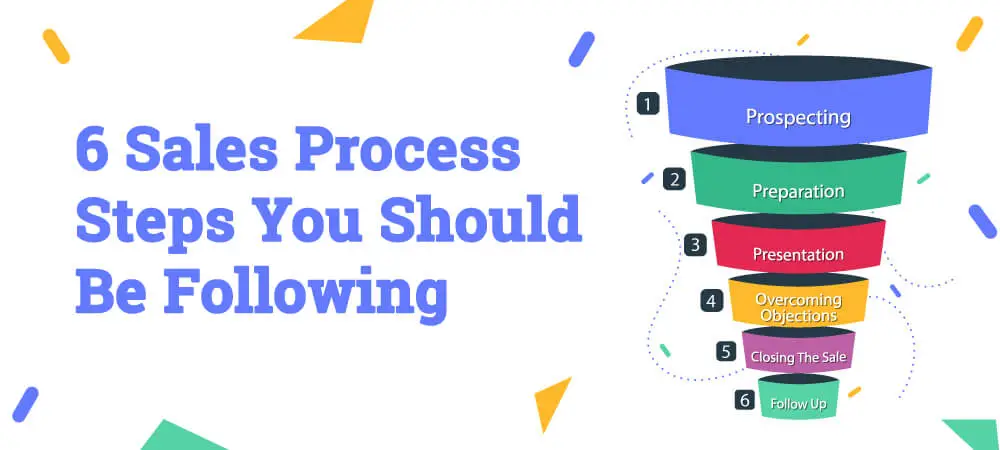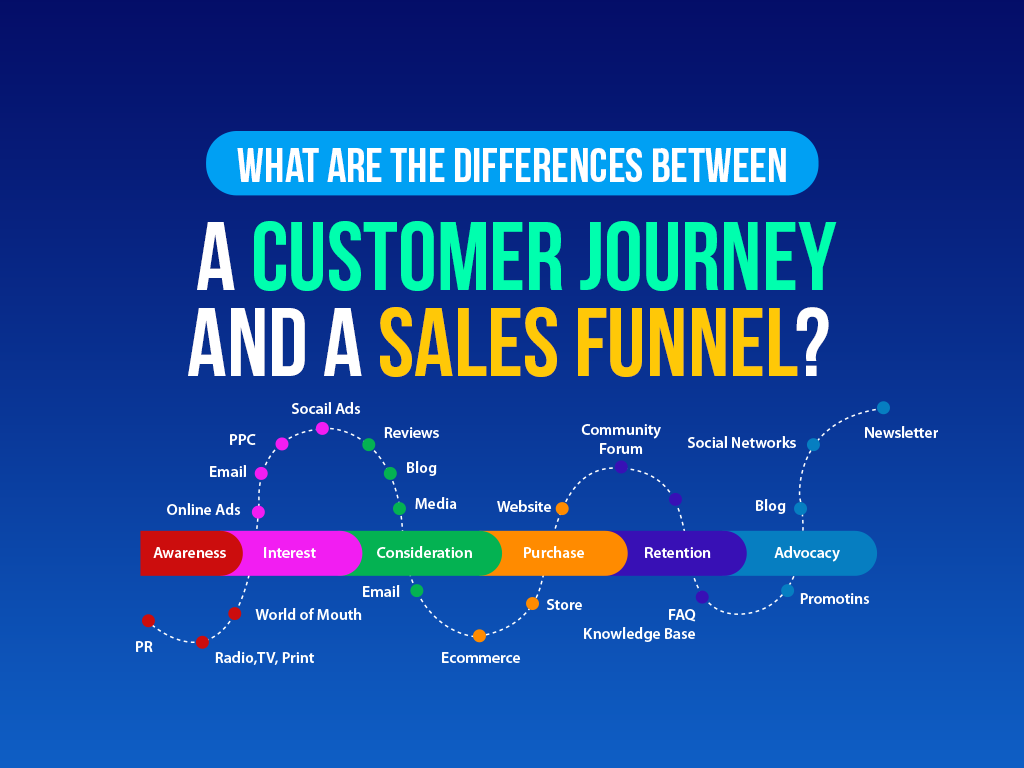Many businesses are constantly evolving to keep up with the latest trends in sales technology. From artificial intelligence and machine learning to big data analytics and automation tools, the sales landscape is rapidly changing. In this blog post, we will explore the cutting-edge advancements that are shaping the future of sales technology and how businesses can leverage these tools to stay ahead of the competition and drive growth.
Key Takeaways:
- AI-powered Sales Tools: The integration of artificial intelligence in sales technology is becoming increasingly popular, assisting in automating tasks, predicting customer behavior, and providing valuable insights to sales teams.
- Mobile Sales Apps: Sales teams are utilizing mobile apps to increase productivity and efficiency, allowing them to access crucial sales data on the go and stay connected with both clients and colleagues.
- CRM and Sales Automation: Customer Relationship Management (CRM) software and sales automation tools are being enhanced with advanced features such as machine learning algorithms, personalized messaging, and streamlined workflows to boost sales performance.
- Virtual Selling Solutions: With the rise of remote work and virtual meetings, sales technology is incorporating solutions for virtual selling, including video conferencing tools, virtual product demonstrations, and interactive presentations.
- Data Analytics and Sales Forecasting: Data analytics tools are crucial for sales teams to analyze trends, identify opportunities, and make informed decisions. Sales forecasting capabilities are improving to help predict future sales performance with greater accuracy.
Artificial Intelligence in Sales
Predictive Analytics for Sales Forecasting
Sales teams today are leveraging predictive analytics powered by artificial intelligence to forecast sales with greater accuracy. By analyzing past data and identifying patterns, AI can provide insights into future sales trends, helping businesses make informed decisions and strategic plans.
AI-Assisted Lead Scoring and Qualification
Artificial intelligence is revolutionizing the way sales teams score and qualify leads. By utilizing AI algorithms, sales reps can prioritize high-quality leads based on various factors such as demographics, behavior, and interactions. This not only enhances lead management efficiency but also improves conversion rates and overall sales performance.
Artificial intelligence plays a crucial role in lead scoring and qualification by automating repetitive tasks, providing real-time lead insights, and improving sales team productivity. Sales reps can focus their time and efforts on leads that are more likely to convert, increasing the chances of closing deals and maximizing revenue.
Automation and Efficiency Tools
CRM Integration and Automation
One of the latest trends in sales technology is the seamless integration of Customer Relationship Management (CRM) systems with automation tools. This integration streamlines the sales process by automating repetitive tasks, such as data entry and contact management, allowing sales teams to focus on building relationships with customers and closing deals more efficiently.
Chatbots and Virtual Assistants for Sales
An emerging trend in sales technology is the use of chatbots and virtual assistants to enhance customer interactions and support sales teams. These AI-powered tools can handle routine customer inquiries, qualify leads, schedule appointments, and provide personalized product recommendations, freeing up sales representatives to engage more effectively with potential customers and drive sales.
Chatbots and virtual assistants are revolutionizing the way sales teams engage with customers by providing instant responses to inquiries, 24/7 support, and personalized recommendations based on customer preferences and behavior. This technology not only improves efficiency but also enhances the overall customer experience, leading to increased satisfaction and loyalty.

Enhanced Sales Analytics and Reporting
Real-Time Data Analysis
For businesses looking to stay ahead of the competition, real-time data analysis is crucial. By utilizing advanced tools, sales teams can access up-to-the-minute insights into customer behavior, market trends, and sales performance. This allows for quick decision-making and the ability to adapt strategies on the fly.
Advanced Visualization Tools
For sales professionals, having access to advanced visualization tools can make a world of difference in understanding complex data sets and spotting trends. These tools can help in creating visually appealing reports and dashboards that are easy to interpret and share with stakeholders.
- Interactive Dashboards: Allow users to filter and drill down into data for deeper insights
- Data Visualization: Represent data in visually engaging ways such as charts, graphs, and maps
Enhanced sales analytics and reporting are crucial for modern sales teams to drive revenue, optimize performance, and make informed decisions. By leveraging real-time data analysis and advanced visualization tools, businesses can gain a competitive edge and stay ahead in today’s fast-paced market.
| Benefits of Real-Time Data Analysis | Benefits of Advanced Visualization Tools |
| Quick decision-making | Improved data comprehension |
| Adaptability to changing market conditions | Enhanced reporting capabilities |
| Increased sales performance | Identifying trends and patterns easily |
The Rise of Mobile and Social Selling
Mobile Sales Applications
One of the latest trends in sales technology is the increasing use of mobile sales applications. These apps are designed to help sales teams access customer information, product details, and sales collateral on-the-go, enabling them to be more agile and responsive in their interactions with clients. With features like real-time updates and data synchronization, mobile sales applications empower sales reps to close deals faster and more efficiently than ever before.
Social Media as a Sales Platform
Any sales professional worth their salt knows that social media has become a powerful tool for connecting with prospects and driving sales. Platforms like LinkedIn, Twitter, and Facebook offer unparalleled access to potential customers, allowing sales reps to engage with them in a more personal and targeted way. By leveraging social media algorithms and analytics, sales teams can identify leads, nurture relationships, and ultimately, convert prospects into loyal customers. It’s no wonder that social media has become an indispensable part of the modern sales tech stack.
Platform
Social media platforms also provide valuable insights into customer behavior and preferences, allowing sales teams to tailor their outreach strategies for maximum impact. By tracking metrics like engagement rates, click-through rates, and conversion rates, sales professionals can optimize their social selling efforts and drive more revenue for their organizations. Additionally, social media platforms enable sales reps to leverage user-generated content and customer testimonials to build credibility and trust with their audience, helping to establish long-lasting relationships that lead to repeat business and referrals.
Personalized Customer Experiences
Hyper-Personalization Strategies
To deliver exceptional personalized customer experiences, businesses are employing hyper-personalization strategies that go beyond basic personalization. This involves utilizing advanced data analytics to tailor products, services, and interactions to meet the unique needs and preferences of each individual customer. By leveraging real-time data and predictive analytics, companies can anticipate customer needs and provide relevant recommendations, ultimately enhancing customer loyalty and satisfaction.
Technology-Driven Customer Engagement
Strategies incorporating technology-driven customer engagement are garnering significant attention in the sales tech landscape. By leveraging cutting-edge technologies such as AI, machine learning, and automation, businesses can streamline their sales processes, automate routine tasks, and deliver personalized interactions at scale. This not only enhances efficiency and productivity but also enables sales teams to focus on building meaningful relationships with customers.
Customer engagement has become a key focus for sales technology advancements, with businesses increasingly turning to technology-driven solutions to enhance interactions with customers. By leveraging data insights and automation tools, companies can create seamless and personalized experiences across various touchpoints, ultimately driving customer satisfaction and loyalty.
Conclusion
Hence, staying updated on the latest trends in sales technology is crucial for businesses to stay ahead of the competition. Understanding and implementing innovations such as AI-driven sales processes, remote selling tools, and automation can significantly boost sales efficiency and effectiveness. To examine deeper into the emerging trends shaping the future of SalesOps, refer to 10 emerging trends shaping the future of SalesOps.





